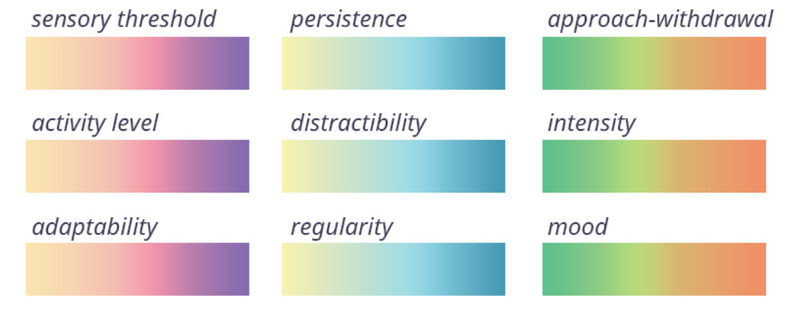Genes
- Genes and heredity form a basis for human behavior.
- Genetic makeup that affects looks and human behavior and is determined in fertilization.
- The passing on of genes from biological parents to their offspring is called heredity.
- Genotype is used to refer to the genetic makeup of an individual.
- Your appearance is based on that of your parents, while your personality traits are partially inherited.
- Studies involving identical twins have been informative on how heredity influences behavior.
- Genes are associated with the readiness to learn and with differences in talents.
- For example, intelligence is hereditary but further affected by environmental stimuli. However, it is possible to improve your intelligence.
- Genes can also affect musical ability, aggression, talents, etc.
- Some mental disorders also have also have a genetic predisposition.
- Disorders like schizophrenia and bipolar disorder usually run in the family.
- A combination of various protective and predisposing factors contribute to the development of a disorder.
- Stress management skills are important for maintaining mental health.
Other Influences on Behavior
- Genes do not directly cause behavior, they can only increase the likeliness of certain behavior.
- Heredity gives a behavioral framework, which is affected by individual choices and environment.
- The nature versus nurture debate is one of the oldest arguments in psychology and it is about whether genes or life experience and environment are more important for shaping human behavior.
- It is regarded as a combination of both.
Temperament
- Temperament is the biological foundation for personality.
- Temperament refers to innate patterns to react to and interact with a person's environment.
- Temperament is genetically determined and unique to everyone.
- Differences in the structure of nervous system cause distinct temperament traits, which are present from birth and characterize a person's reactions throughout life.
- Temperament is a relatively permanent set of traits, however you can learn to manage them with age.
- Temperament provides us with a certain type of behavior.
- Temperament traits, social environment and upbringing shape later personality.
- Temperaments aren't good or bad, however cultures label them.
Uniqueness of Temperament
- There is no one type of temperament, but researchers have classified distinguishable temperament traits unique to humans.
- The best classification is by Thomas and Chess who identified 9 temperament traits based on their research.

Image Sources
